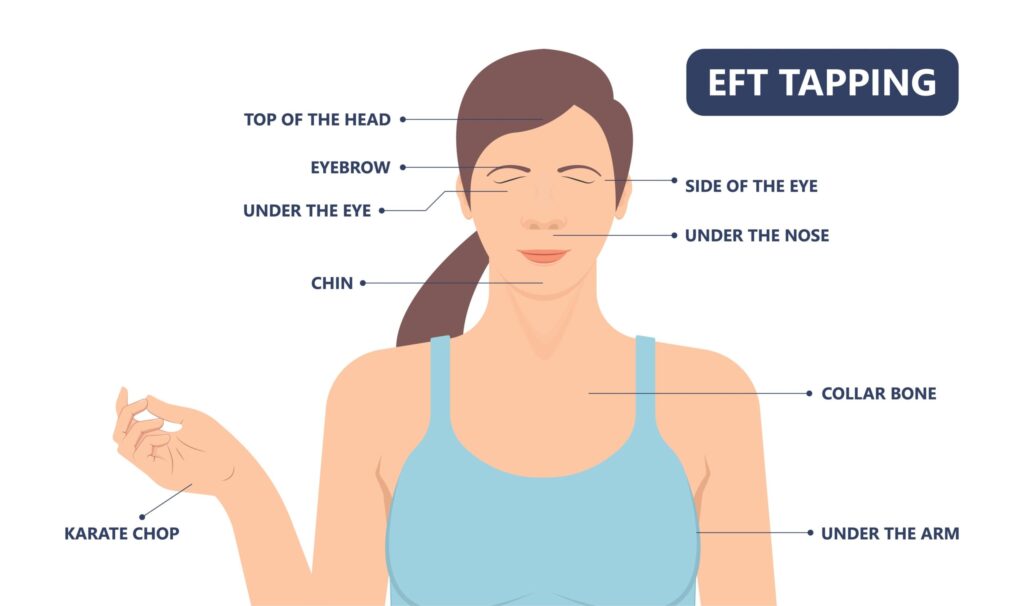Every client engaging in Hypno-Tapping VTM therapy has the following rights:
- You have a right to participate in developing an individual plan of treatment.
Every client should have a treatment plan that describes general goals o and specific objectives the client will work on in order to achieve their goals. Without such a plan, how would you know you’ve made progress?
- You have a right to receive an explanation of services in accordance with the treatment plan.
The therapist should describe the process of how they work with clients, in as much detail as you prefer and time allows.
- You have a right to participate voluntarily in and to consent to treatment.
You are there voluntarily and should understand and consent to all treatment provided you.
- You have a right to object to, or terminate, treatment.
Don’t like therapy or a specific type of treatment? You can leave at any time without any kind of repercussions.
- You have a right to receive appropriate care and treatment that is suited to your needs and skillfully, safely, and humanely administered with full respect for their dignity and personal integrity.
Your Hypno-Tapping VTM therapist should be skilled and trained to administer the treatment he or she said they would, and do so in a dignified and humane manner. You should never feel unsafe in your therapist’s presence.
- You have a right to be treated in a manner which is ethical and free from abuse, discrimination, mistreatment, and/or exploitation.
Therapists will not use your story to write a book, a screenplay, a movie, or have you appear on a television show. Therapists will not attempt to leverage the therapeutic relationship in an inappropriate manner (e.g., sexually or romantically), and they should not pass judgment upon you based upon your background, race, handicaps, etc.
- You have a right to be treated by staff who are sensitive to one’s cultural background.
No matter what your background or culture, you should expect to be treated with respect and dignity, by all staff (including billing staff, receptionists, etc.).
- You have a right to be afforded privacy and confidentiality.
Your sessions are confidential and private and will not be overheard or shared with others.
- You have a right to be informed of expected results of all therapies prescribed, including their possible adverse effects.
Therapists should go through the list of common adverse and side effects of any treatment they prescribe.
- You have a right to request a change in therapist.
Sometimes it just doesn’t work out with the therapist chosen. That’s nobody’s fault and the therapist should help you find his or her replacement (through a referral, at minimum).
- You have a right to have records protected by confidentiality and not be revealed to anyone without my written authorization.
You are entitled to confidential treatment by your therapist, meaning that your therapist cannot talk to others (except another professional colleague or supervisor) about your case without your written consent.
There are a few specific conditions where confidentiality may be broken (different country and state laws will vary):
- If the therapist has knowledge of child or elder abuse.
- If the therapist has knowledge of the client’s intent to harm oneself or others.
- If the therapist receives a court order to the contrary.
- If the client enters into litigation against the therapist.
- If the client is a minor, the therapist may discuss aspects of the client’s care with the client’s parents or legal guardians (varies from therapist to therapist).



